Description
Description
Phenytoin Sodium Injection IP 100mg is a medication used primarily for the management of certain types of seizures. It is an intravenous form of phenytoin, a widely-used antiepileptic drug (AED) that helps to stabilize electrical activity in the brain. The “IP” stands for Indian Pharmacopoeia, indicating the formulation’s compliance with Indian pharmacological standards.Mechanism of Action
Phenytoin Sodium Injection IP 100mg works by stabilizing neuronal membranes and reducing the excitability of neurons. It does this primarily by:- Inhibiting Sodium Channels: Phenytoin blocks voltage-gated sodium channels in neuronal cell membranes, which reduces the frequency and intensity of seizure activity.
- Stabilizing Neuronal Activity: By preventing rapid and excessive firing of neurons, it helps to control and prevent seizures.
Uses of Phenytoin Sodium Injection IP 100mg
- Seizure Management: Used to treat and prevent seizures, particularly in emergency situations such as status epilepticus or when oral administration is not feasible.
- Seizure Prevention in Surgery: Administered to prevent seizures in patients undergoing neurosurgery or other procedures that may provoke seizures.
- Status Epilepticus: Provides rapid control of severe, continuous seizures that do not respond to other treatments.
Benefits of Phenytoin Sodium Injection IP
- Effective Seizure Control: Provides rapid and effective control of seizures, particularly in acute settings.
- Established Efficacy: Phenytoin has a long history of use in epilepsy management, with a well-established profile for seizure control.
- Versatile Use: Can be used in various clinical settings, including emergency care and perioperative settings.
Side Effects of Phenytoin Sodium Injection IP
- Common Side Effects: Drowsiness, dizziness, headache, and nausea.
- Serious Side Effects: Allergic reactions, severe skin rashes (e.g., Stevens-Johnson syndrome), and blood disorders (e.g., leukopenia, thrombocytopenia).
- Less Common Effects: Gum overgrowth (gingival hyperplasia), osteomalacia, and hepatotoxicity.
Expert Advice
- Administration: Phenytoin Sodium Injection IP should be administered by a healthcare professional, typically in a hospital setting due to its potential side effects and need for monitoring.
- Dosage and Monitoring: Dosage should be carefully adjusted based on the patient’s seizure type, weight, and response to treatment. Regular monitoring of drug levels and liver function is recommended to avoid toxicity.
- Patient Education: Inform patients about potential side effects and the importance of adhering to prescribed dosages. Advise them to report any adverse effects promptly.
FAQs about Phenytoin Sodium Injection IP
-
How quickly does Phenytoin Sodium Injection IP work?
- Answer: Phenytoin Sodium Injection IP acts rapidly to control seizures, with effects often observable within minutes of administration. The onset can vary depending on the patient’s condition and the severity of the seizure.
-
Can Phenytoin Sodium Injection IP be used in pregnant women?
- Answer: Phenytoin should be used in pregnant women only if the potential benefits outweigh the risks. It is classified as a Category D drug, indicating potential risks to the fetus, such as fetal hydantoin syndrome.
-
Are there any specific interactions with other medications?
- Answer: Yes, Phenytoin can interact with various medications, including anticoagulants, oral contraceptives, and other antiepileptic drugs. It is crucial to inform healthcare providers of all medications being taken to avoid potential interactions.
-
What should I do if I miss a dose of Phenytoin Sodium Injection IP?
- Answer: In an emergency setting, if a dose is missed or delayed, consult a healthcare professional immediately to determine the appropriate course of action.
-
Can Phenytoin Sodium Injection IP be used in children?
- Answer: Yes, Phenytoin Sodium Injection IP can be used in children, but dosing should be carefully adjusted based on the child’s weight and medical condition. Pediatric use should be supervised by a specialist in pediatric neurology or epilepsy.
Check Out Our Other Running Products:-
Cefixime Ofloxacin Dry Syrup (Sefliv-OF)
Aztreonam Injection- INTRONUM 1GMAmoxycillin Potassium – Invumox
Azithromycin 250 mg Tablets (Introcin-250)
Checkout this also:Top Pharma Export Companies In India
This guide provides an overview of Phenytoin Sodium Injection IP, including its uses, benefits, and potential side effects. For personalized advice and treatment options, always consult with a healthcare provider.
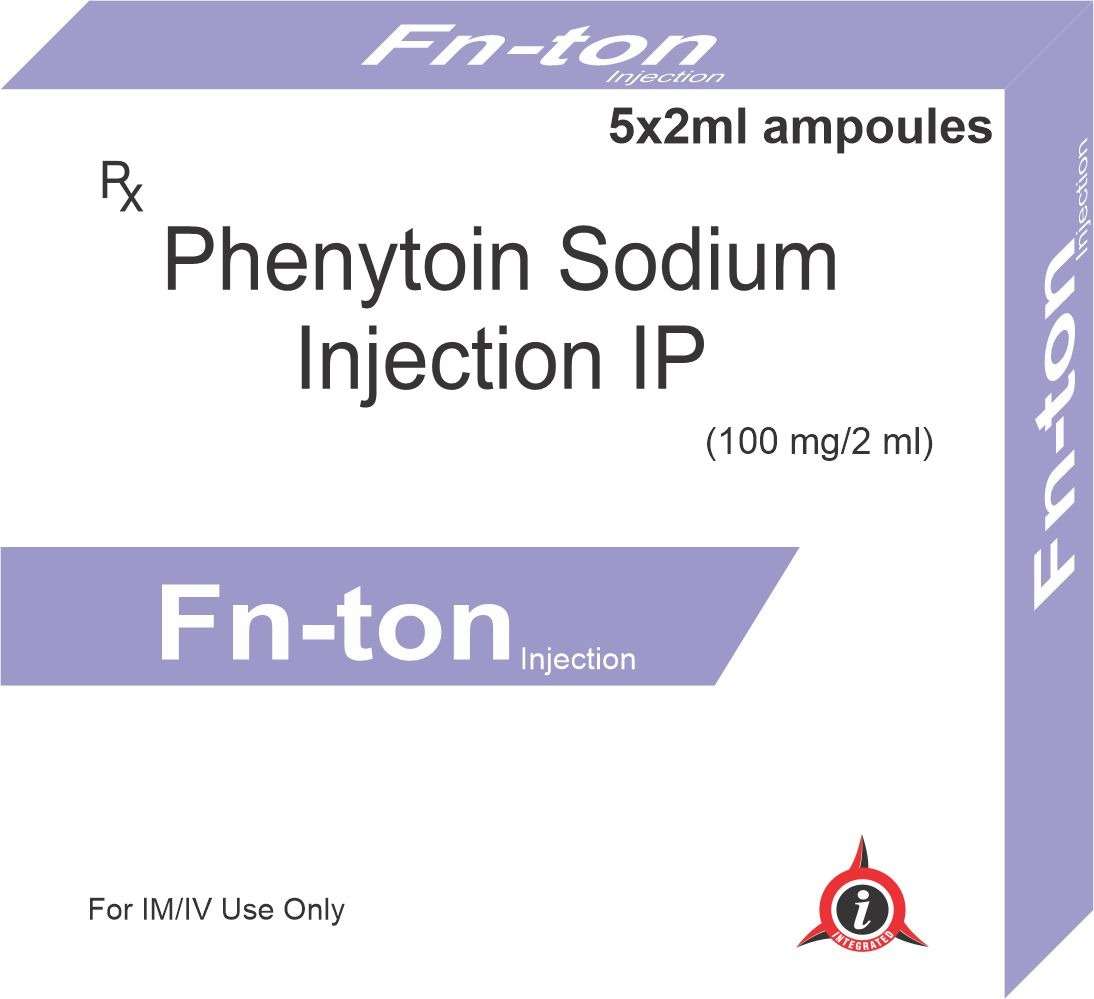
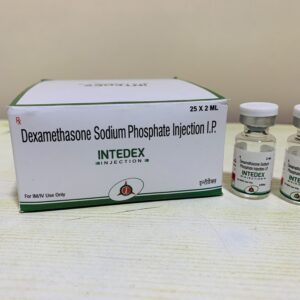
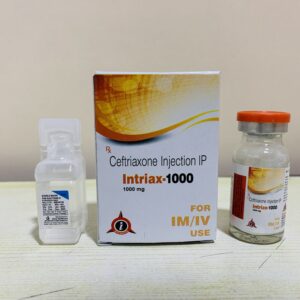
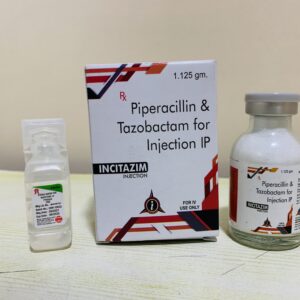
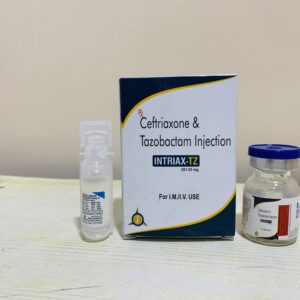
Reviews
There are no reviews yet.